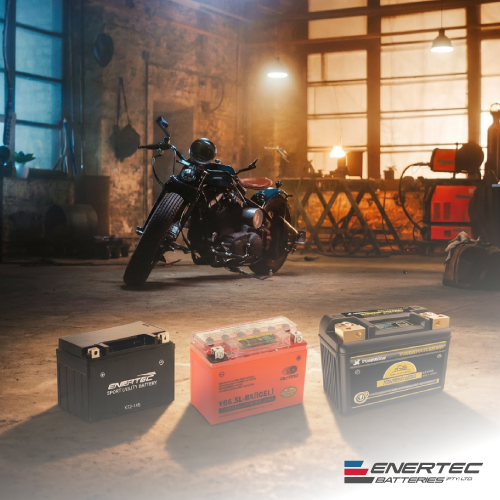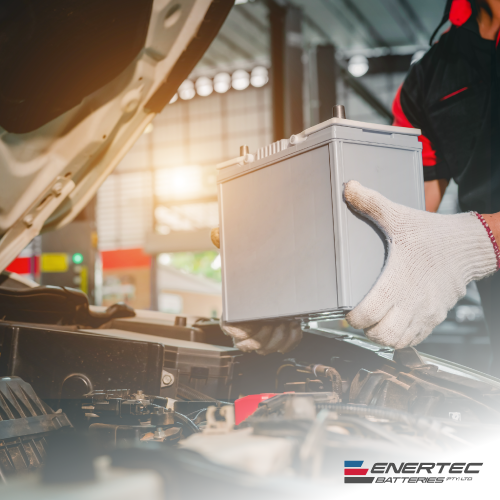2024-07-17 01:09:22
Save Money on Electricity with a Solar System and LiFePO4 Batteries
With the increasing cost of electricity, finding efficient ways to save on electricity has become a priority for many households and businesses. One of the most effective solutions is the use of a solar system in conjunction with your lithium-ion phosphate (LiFePO4) batteries. These systems are not only reliable, but they also offer significant cost savings on electricity.
This article explores how much money you can save and the best options available for maximising your electricity cost savings.
How Much Money Can You Save with a Solar System?
Electricity Cost Savings
One of the most significant benefits of solar panels used in conjunction with lithium-ion phosphate batteries is their potential to save you money during periods where there is sunlight. By investing in a solar system and LiFePO4 batteries, you can store energy in your LiFeP04 batteries during hours of sunlight and use it during peak electricity tariff hours. This not only reduces your reliance on the grid but also helps you avoid high electricity tariffs.
Calculating Your Savings
The amount of money you can save with a solar system depends on various factors, including the size of your solar system, your energy consumption, and the cost of electricity in your area. On average, households can save between 20% to 50% on their electricity bills by using these solar energy systems. For businesses, the savings can be even more substantial, especially for those with high energy consumption.
How Do Lithium-ion Phosphate Batteries Save You Money?
Solar Integration
Lithium-ion phosphate batteries are ideal for integration with solar energy systems. By storing excess solar energy generated during the day, you can use this energy at night or during cloudy days, reducing your dependence on grid electricity. This not only saves you money but also promotes the use of renewable energy, contributing to a more sustainable future.
Energy Efficiency
Lithium-ion phosphate batteries are highly efficient, with an efficiency rate of about 95-98%. This means that a significant portion of the energy stored in these batteries is available for use, minimising energy loss and maximising cost savings. Compared to traditional lead-acid batteries, which have an efficiency rate of about 70-80%, LiFePO4 batteries offer a much better return on investment.
Long Lifespan and Low Maintenance
Another way LiFePO4 batteries save you money is through their long lifespan and low maintenance requirements. These batteries can last up to 10 years or more, depending on usage and maintenance. Their long lifespan reduces the need for frequent replacements, which is a common issue with other types of batteries. Additionally, lithium-ion phosphate batteries require minimal maintenance, further reducing costs over time.
The Best Solar Systems for Saving Money on Electricity
Enertec Lithium-ion Phosphate batteries, paired with a hybrid inverter like the Dyness Inverter and unique DAH frameless solar panels, are a great combo to start your savings. This combo provides some of the latest technology to help maximise your savings and lead you closer to a self-sustaining lifestyle.
Enertec offers some of the best lithium-ion phosphate batteries on the market, designed to maximise electricity cost savings and efficiency. These batteries are known for their durability, high energy density, and compatibility with various energy storage systems. By choosing one of Enertec’s solar systems, you can ensure reliable energy storage and significant savings on your electricity bills.
Key Features to Look For:
When selecting the best solar systems for saving money on electricity, consider the following features:
- High Efficiency: Look for systems with a high efficiency rate.
- Long Lifespan: Choose batteries with a lifespan of at least 10 years and/or the highest cycles.
- Low Maintenance: Opt for systems that require minimal maintenance.
- Compatibility: Ensure the batteries, inverter and solar panels are compatible with each other to get the best results from your system.
- Safety: It is highly important to choose the correct system that follows all the safety regulations and guidelines. LiFePO4 batteries, for one are known for their safety features, including thermal and chemical stability, which reduces the risk of overheating or fire.
Frequently Asked Questions
How Does an Inverter Work in a Solar System?
An inverter is a device that converts the direct current (DC) electricity generated by solar panels and batteries into alternating current (AC) electricity, which can be used by household appliances. Inverters are crucial in solar systems as they ensure the electricity generated is compatible with the electrical grid and home appliances.
Why Are Lithium-ion Phosphate Batteries Preferred for Solar Systems?
Lithium-ion phosphate batteries are preferred for solar systems due to their high efficiency, long lifespan, low maintenance requirements, and quick recharge capability. Their ability to store energy for use during non-sunlight hours makes them ideal for reducing grid dependence and maximising cost savings.
Can Solar Panels Work During Loadshedding?
AC power has no influence on a solar panel's ability to produce energy. Solar power generated by solar panels is strictly dependent on energy absorption from the sun. Solar panels can be used in GRID-TIE applications together with inverters where batteries may not be part of the system. This means that they will be limited to operation during sunlight hours only. When used in conjunction with batteries, the energy is stored during daylight hours, and the stored energy may then be utilised during non-daylight hours.
In a hybrid application (solar panels and batteries), the solar panels may supply the necessary AC power by means of an inverter, simultaneously recharging the battery. Should there be sufficient panels and a correctly sized inverter, the power generation is able to take place with no assistance from AC power or from the battery. Should the solar panels not have the ability to produce energy, the inverter can be automatically programmed to draw its energy from the battery, Eskom, or a generator through the inverter.
What Factors Should I Consider When Installing a Solar System?
When installing a solar system, consider factors such as your energy consumption, the size of the solar system, local sunlight conditions, and the cost of electricity in your area. Additionally, ensure compatibility between your solar panels, inverter, and battery storage system for optimal performance.
How Long Do Solar Panels Last?
Solar panels typically have a lifespan of 25-30 years. However, their efficiency may decrease slightly over time. Regular maintenance and proper installation can help maximise their lifespan and performance.
How Efficient is a Lithium-ion Phosphate Battery?
Lithium-ion phosphate batteries are highly efficient, with an efficiency rate of about 95-98%. This high efficiency means that a large percentage of the energy stored in these batteries is available for use, making them an excellent choice for reducing electricity costs. You get the full potential of your battery's performance for longer periods of time. Due to the high voltage retention in the batteries and low current.
What are the Advantages and Disadvantages of Lithium-ion Phosphate Batteries?
Advantages:
- High Efficiency: Up to 98% efficiency.
- Long Lifespan: Can last up to 10 years or more.
- Low Maintenance: Minimal maintenance requirements.
- Safety: Thermal and chemical stability reduce the risk of overheating or fire.
- Environmental Impact: Lower environmental impact compared to other battery types.
- Do not have to be recharged fully without damaging the battery (sulphation).
- A high voltage retention from start to finish, resulting in much longer run times.
- Very quick recharge capability reduces prolonged downtime.
- Lighter than lead-acid batteries. However, because they are bigger and have other components, i.e., BMS, etc., it can make them a heavy product.
- You can store them in your homes and are mostly aesthetically pleasing to the eye.
Disadvantages:
- Initial Cost: Higher upfront cost compared to traditional batteries.
- Temperature Sensitivity: Performance can be affected by extreme temperatures.
What is the Best Percentage to Keep Lithium-ion Phosphate Batteries Charged at?
To maximise the lifespan and efficiency of lithium-ion phosphate batteries, it is recommended to keep the charge level between 20% and 80%. Avoiding full discharge and overcharging helps maintain the battery's health and ensures optimal performance.
Conclusion
Lithium-ion phosphate batteries are a smart investment for anyone looking to save money on electricity, especially in areas affected by loadshedding. Their high efficiency, long lifespan, and compatibility with solar energy systems make them an ideal choice for both households and businesses.
By choosing the right lithium-ion phosphate battery, such as those offered by Enertec, you can significantly reduce your electricity costs and contribute to a more sustainable future.



